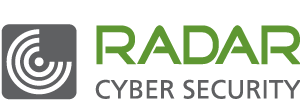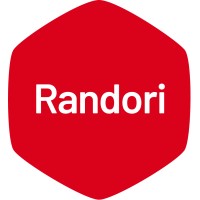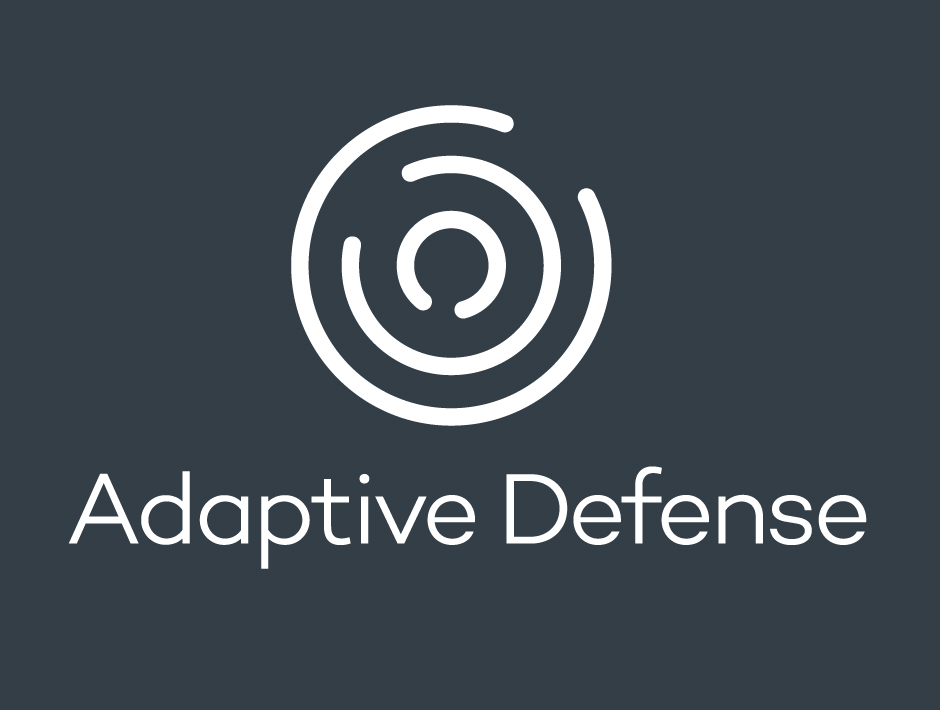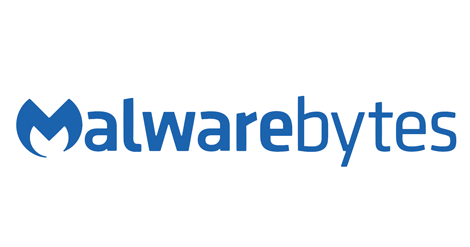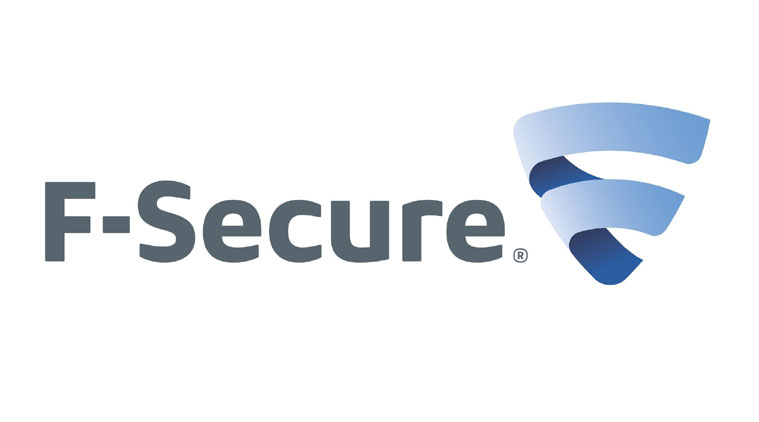
Categories
Problems that solves
Shortage of inhouse software developers
Shortage of inhouse IT resources
High costs of IT personnel
Shortage of inhouse IT engineers
Values
Reduce Costs
Enhance Staff Productivity
Crypteia Networks MOREAL
By using MOREAL Threat Intelligence platform, organizations gain awareness with regard to the security incidents and threats that take place within their infrastructures
About Product
Description
To develop such threat awareness, MOREAL is based on big-data analytics principles, along with correlation of primal information brought out from logs provided by the underlying network and network security infrastructure.
Monitor
More precisely, logs are initially analysed, correlated, and collated with Open Source and Crypteia Networks Security intelligence to generate secondary and trietary threat intelligence by the Threat Intelligence Engine of the MOREAL platform.
Report
Then our Engine augments threat knowledge by behavioural, and statistical analytics, as well as, reputation pattern matching. The MOREAL core reasoning process is found on computations on graph and meta-graph models that are generated from any internal and external connection that can be logged.
Alert
In particular, graphs and meta-graphs are processed with algorithms that compute efficiently plausible threat paths with a likelihood scoring approach based on observations of the protected infrastucture and Security Intelligence in terms of IP reputation, malware, and traffic patterns.
Crypteia Threat Intelligence & Management Service from PCCW Global delivers:
- A new layer of defence, complementing existing ones and maximizing value of network logs already generated & collected by your clients
- Non-intrusive and scalable cloud-based solution for rapid deployment
- Threat aggregation and behavioural analysis identifies threats in their infancy
- Real-time mitigation recommendations
- New visibility into existing security systems and hardware
- Utilizing advanced behavioural analytics and machine learning to help distinguish real threats from ones that cause non-productive, costly actions
- Generating actionable reports via a single intuitive dashboard
- Viewing network / security health and utilisation in real-time
- Leveraging a global threat database that uses Big Data Analytics and crowd sourcing to identify emerging threats
- Using advanced correlation engines for known and unknown threat identification, now penetrating and potentially already existing in your clients’ network
- Deploying enhanced security simply and quickly via a pure cloud solution, with an on-prem option available

